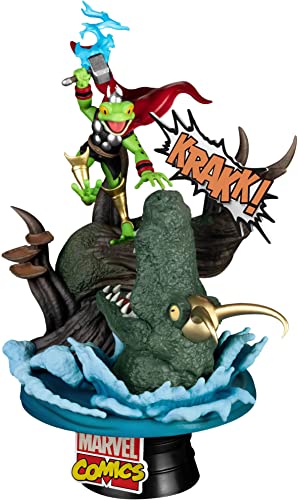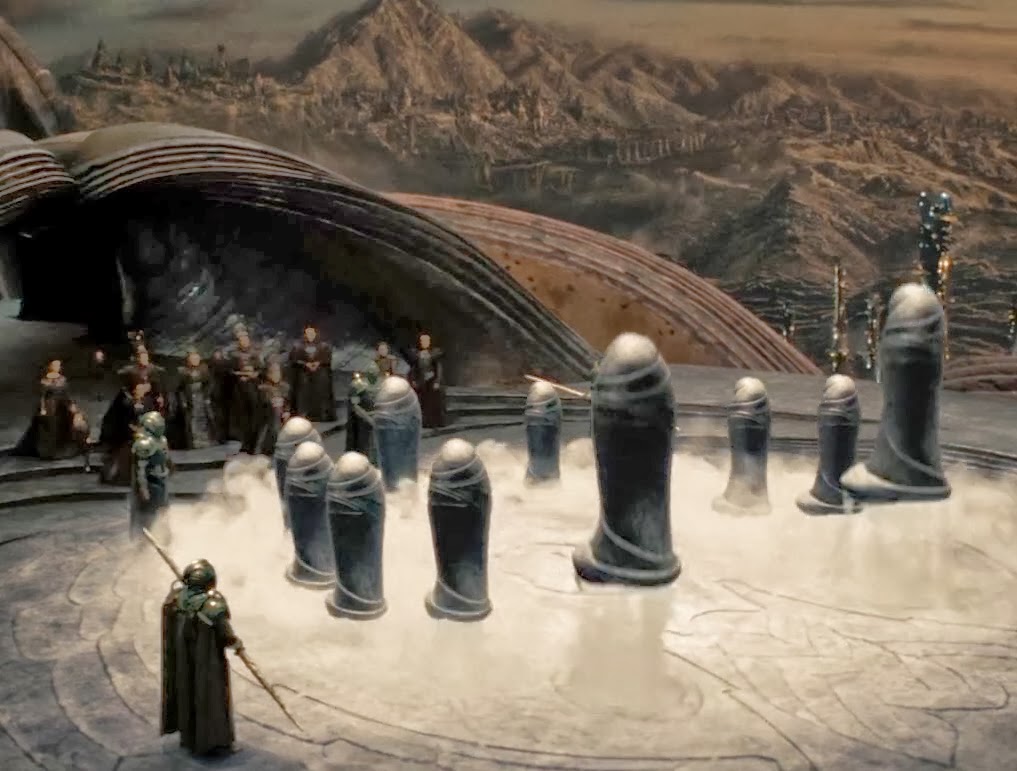Agreed. I know Fabio thinks it's a'aight because he's done it so much in the movies and whatnot (and in the comics by writers before such a rule was made, who didn't care about the rule that was supposed to be in place, or who tried to find ways around it). But it's a heroic characteristic. It makes him better and more moral and progressive than his opponents. He puts villains in Arkham, where he knows they have a fair chance of escaping and causing more havoc, but he is sympathetic to mental illness and has a hope in the back of his mind that some of these characters may overcome their affliction. For those who can't be redeemed, he puts them away in prison, but doesn't stand in ultimate judgment. Beyond the moral/philosophical perspective, like you say, he was so traumatized by his parents' death that two rules became emblazoned on his personality for life: 1) no guns; 2) no killing.
Now, some of this is debatable based on your ideology or philosophy or religion or whatnot. But for me, that makes someone bigger, and more righteous and civilized than other characters.
Now in the case of old Hopeman, I actually do think that is the one of the few defensible killings by funny book heroes--when there is no other choice to immediately protect the lives of others (another could be heroes in war). The problem is that Superman shouldn't be put in that situation to begin with, as it casts a shadow over the whole character from a narrative point of view.

















